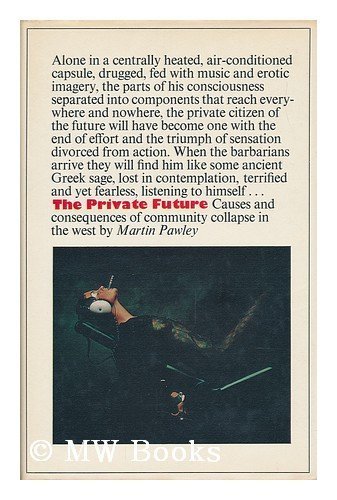ANYTHING GOES
It was the great Cole Porter’s birthday on June 9. In 1934 he wrote the musical Anything Goes.
The world has gone mad today
And good’s bad today
And black’s white today
And day’s night today . . .
And though I’m not a great romancer
I know that you’re bound to answer
When I propose
Anything goes
Seems about right.








